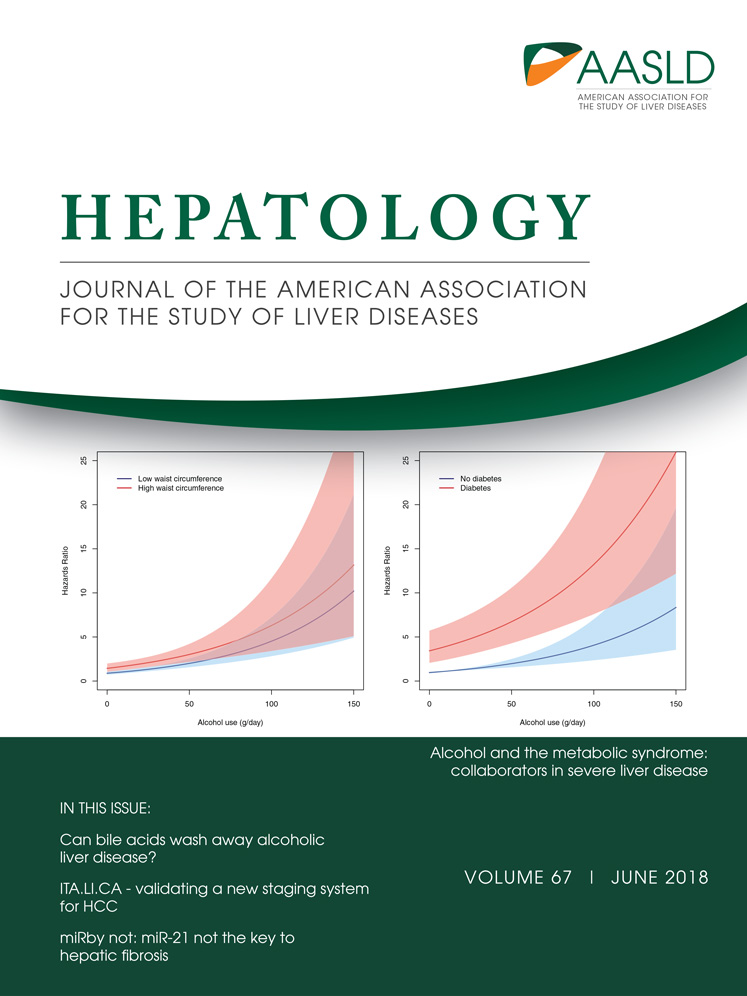Reply
Potential conflict of interest: Nothing to report.
We thank Dr. Carey for his interest in our practice guidance document and his question about our recommendation not to use statins in patients with decompensated cirrhosis. We regret that because of space constraints, we did not provide our rationale for this recommendation. The concern with using statins in patients with decompensated cirrhosis is more to do with potentially increased areas under the curve for statins that are hepatically metabolized and the subsequent risk of extrahepatic organ toxicity, such as rhabdomyolysis. The case in point is the study by Abraldes et al., which investigated the role of simvastatin as an additive therapy for patients with cirrhosis after variceal bleeding.1 Although simvastatin did not reduce variceal bleeding, it showed survival advantage attributed to reasons that are not fully explained. However, 2 of 69 patients (∼3%) randomized to simvastatin developed symptomatic rhabdomyolysis (peak CPK levels were 7,823 and 3,500 U/L, respectively) and both patients had deteriorated liver function at baseline, with total bilirubin >5 mg/dL. We further alert Dr. Carey and other readers to the guidance provided by the National Lipid Association's Statin Liver Safety Task Force, which lists decompensated cirrhosis and acute liver failure as contraindications for statin therapy.2, 3 However, statin therapy is safe in patients with compensated cirrhosis and thus we support their use in patients with cirrhosis who have dyslipidemia.
-
Naga Chalasani, M.D., on behalf of the Writing Group for the AASLD NAFLD Practice Gudiance
-
School of Medicine
-
Indiana University
-
Indianapolis, IN




